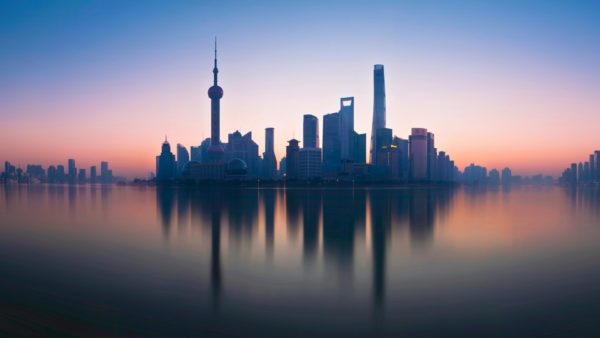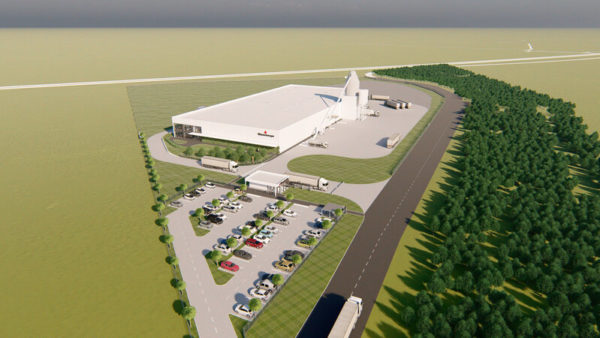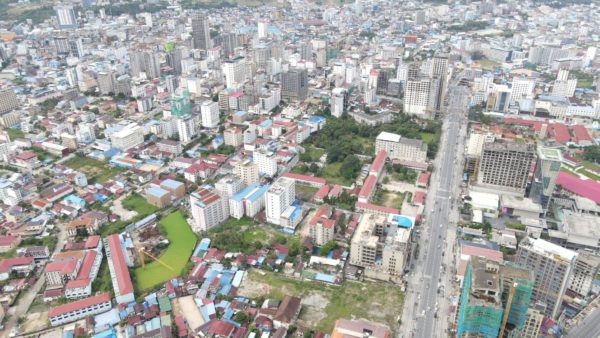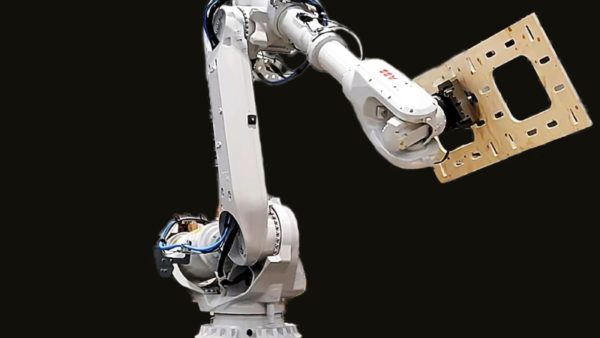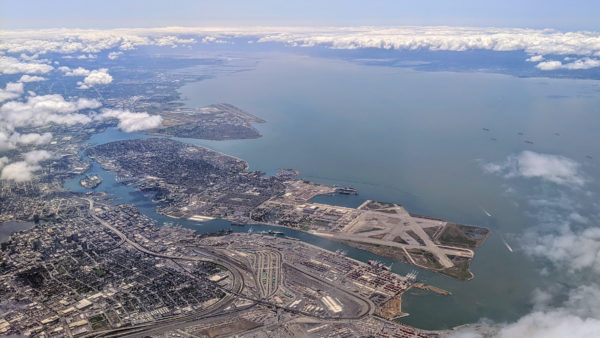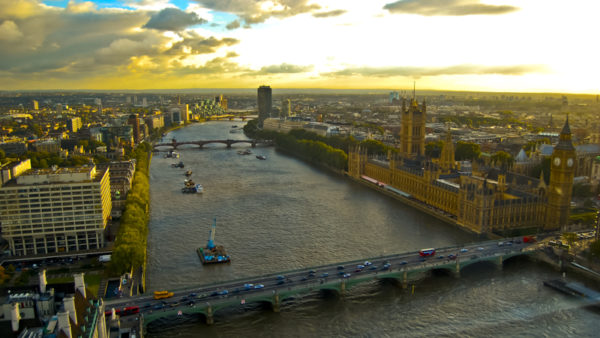Japan has agreed to fund 150 development projects in the five Southeast Asian countries who share the Mekong river. In return, the five will support the "free and open Indo-Pacific strategy", which is being promoted by the Japanese and American governments to challenge the dominance of Chinese capital in the region.
The agreement was reached yesterday (9 October) at the 10th Mekong-Japan Summit in Tokyo, attended by the leaders of Thailand, Vietnam, Cambodia, Laos and Myanmar. A joint statement, released after conference, said the projects would cover "quality" infrastructure schemes, with an emphasis on transport, such as road projects in Myanmar and airport expansions in Laos. It also covers non-construction plans, such as medical IT and postal services.
In his speech at the conference, Japanese prime minister Shinzo Abe said Japanese companies has invested more than ¥2 trillion ($17.7bn) over the past three years, and that more than 70% of governmental development assistance to the ASEAN group in that period was allocated to the Mekong region.
"Following the track record of such support, in order to realise even more private investment, Japan will use public funds including overseas loans, investments and overseas development assistance (ODA)," he said.
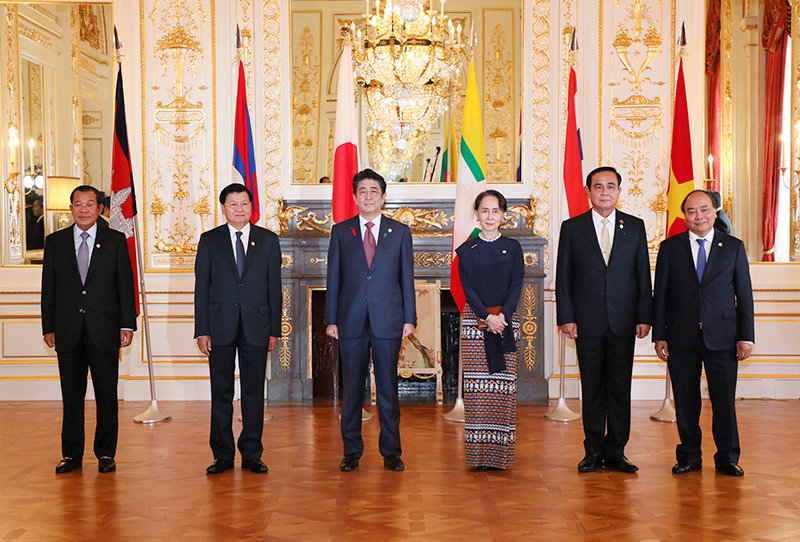
The leaders: Left to right, Hun Sen (Cambodia), Thongloun Sisoulith (Laos), Shinzo Abe (Japan), Aung San Suu Kyi (Myanmar), Prayut Chan-o-cha (Thailand), Nguyen Xuan Phuc (Vietnam) (Japanese Cabinet Office)
Japan’s ODA, which is being badged as the Tokyo Strategy 2018, will concentrate on three areas: effective connectivity, people-centred societies, and environment and disaster management. These topics are also intended to differentiate Japan’s priorities from China’s Belt and Road Initiative, although they overlap in the area of transport.
The pledge of assistance also confirms the importance of the region as a future manufacturing hub. The five countries at the conference are relatively underdeveloped compared with northeast Asia, but have a huge pool of cheap labour and occupy a strategic position between the vast market of China and the emerging mega-market of India.
The joint statement said: "It is essential to advance the industrial structure and improve the value-chain network in the Mekong region and beyond", reflecting Japan’s hopes that its companies can set up factories in the area.
Top image: A train leaving Sà i Gòn station in Ho Chi Minh City (Creative Commons)
Further reading:





